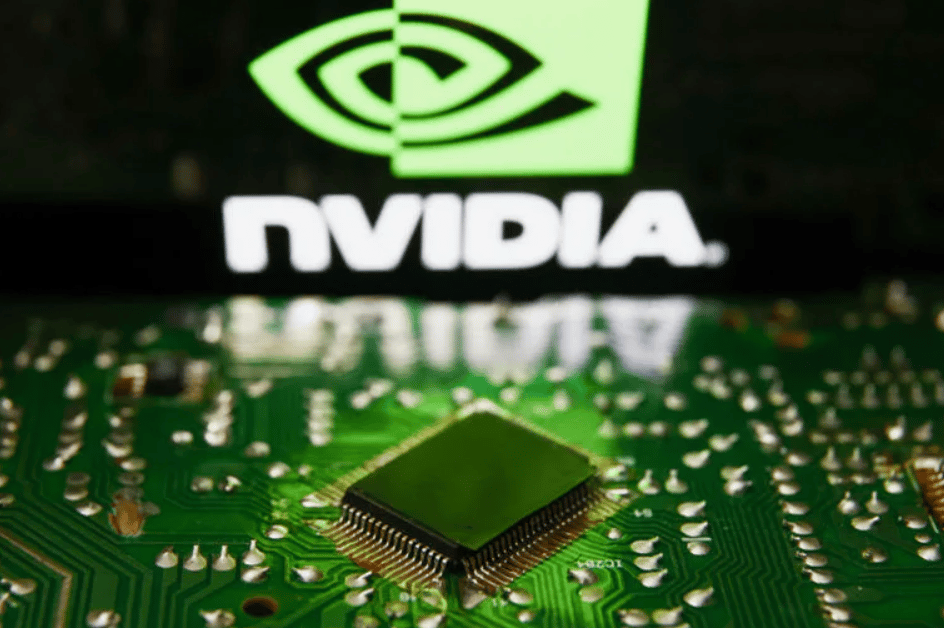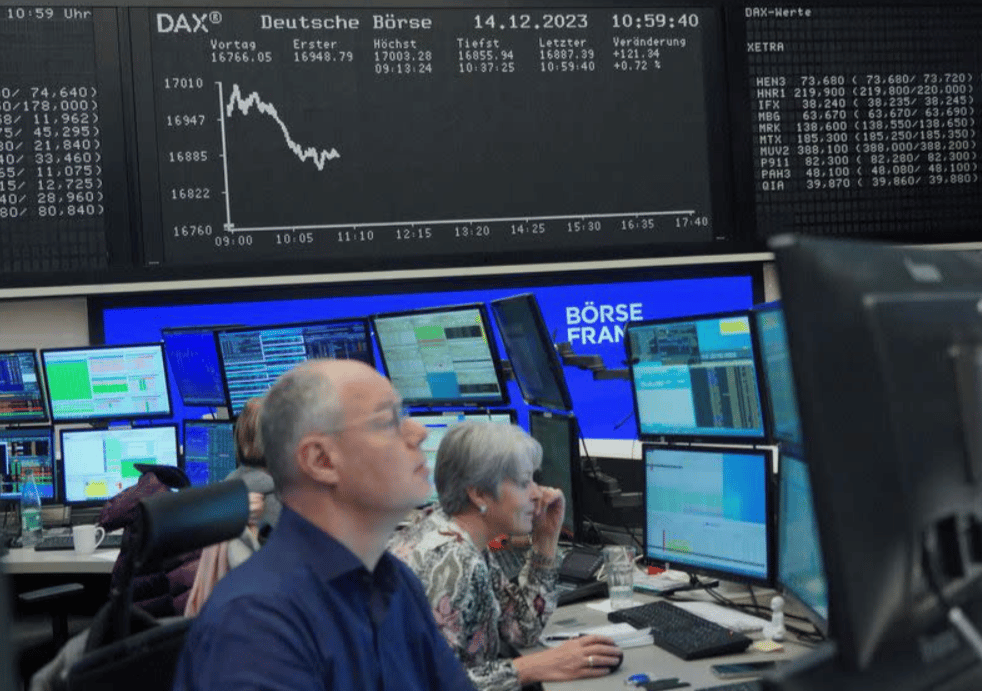Markets Dip Ahead of Nvidia Earnings; USD Gains on Strong US Data Amid Global Bond Volatility
Global equity markets declined on Wednesday as cautious sentiment prevailed ahead of a key earnings release from Nvidia Corp. $NVDA, a bellwether for the technology sector. Simultaneously, the US dollar (USD) strengthened against major currencies, buoyed by resilient domestic economic indicators that underscored the relative strength of the American economy.
Concerns over geopolitical trade frictions between the United States and Europe had briefly subsided but lost momentum, contributing to renewed uncertainty. Meanwhile, global bond markets displayed tentative signs of stabilization following a sharp rise in long-term yields that spooked investors earlier this month. However, a weak auction of Japan’s ultra-long bonds highlighted persistent concerns over sovereign debt sustainability in the world’s third-largest economy.
Earnings Anticipation and Macro Pressures
The subdued mood in global equity markets is largely attributed to investor wariness surrounding Nvidia’s upcoming earnings report. As a leading chipmaker at the heart of the AI boom, Nvidia’s performance often serves as a proxy for broader sentiment in growth and technology stocks.
In parallel, the US dollar gained strength, supported by a series of favorable economic reports. Strong retail sales and a robust labor market signaled resilience in the U.S. economy, reinforcing expectations that the Federal Reserve may maintain a higher-for-longer rate posture. As a result, treasury yields stabilized, offering some relief to bondholders.
However, recent bond market volatility continues to cast a long shadow. In Japan, a poorly received sale of 40-year government bonds reflected investor anxiety over long-term fiscal sustainability and weak demand at prevailing yield levels.

Quick Facts
Stock markets: Broad-based decline ahead of Nvidia’s earnings
USD: Strengthened on upbeat US economic data
Bond markets: Stabilizing, but volatility persists
US-EU trade tensions: De-escalation optimism fading
Japan bond auction: Weak demand for 40-year bonds highlights deficit concerns
Fed outlook: Market pricing in prolonged restrictive policy stance
Global Reactions and Analyst Perspectives
Wall Street ended the day marginally lower, with the SPX showing intraday volatility as traders adjusted positions ahead of Nvidia’s earnings release. The NASDAQ Composite was particularly sensitive to the tech-heavy portfolio exposure, given Nvidia’s weight in the index.
Forex markets responded positively to the U.S. data, with the DXY index (US dollar index) climbing as traders rotated into dollar-denominated assets. Analysts from leading financial institutions remarked that unless Nvidia significantly beats expectations, equity markets could remain under pressure amid tightening global financial conditions and rising capital costs.
The underwhelming Japanese bond auction reignited fears over global debt dynamics, especially in developed markets with aging populations and high fiscal loads. Fixed-income strategists suggested that while yields may have peaked temporarily, the structural risk in sovereign bonds remains elevated.

Key Developments
Earnings Watch: Nvidia’s report is pivotal for tech market sentiment.
Currency Movements: USD strengthened on superior economic performance.
Bond Volatility: Global bond markets remain fragile despite near-term calm.
Geopolitical Tensions: Diminishing optimism over US-EU trade dialogue.
Japan’s Debt Risks: Auction failure underscores long-term fiscal pressures.
Markets on Edge as Nvidia Earnings Loom Over Broader Risk Sentiment
The global financial landscape remains delicately balanced, with Nvidia’s earnings serving as a near-term catalyst amid broader concerns about macroeconomic divergence and sovereign debt sustainability. While the U.S. economy demonstrates relative strength, bond and equity markets are signaling heightened caution. The performance of Nvidia may offer a temporary directional cue, but longer-term risks tied to fiscal imbalances and interest rate trajectories will likely dominate investor focus through the coming quarters.















Comments